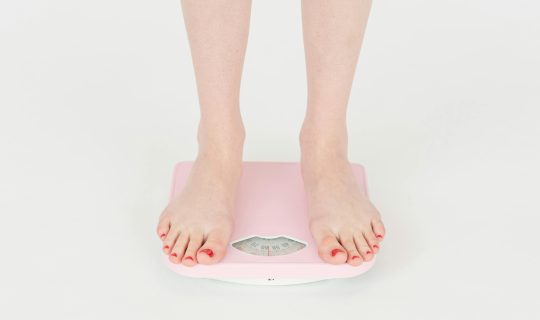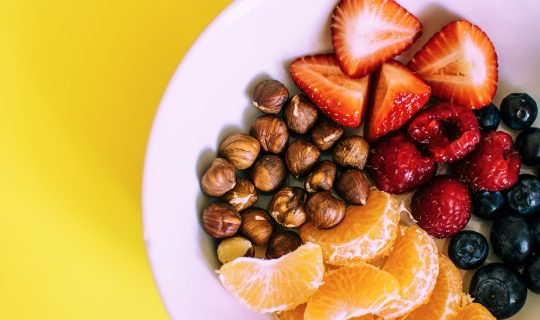Ozempic, Wegovy and other GLP-1 agonists — often referred to as weight loss jabs — have become almost impossible to ignore. They’re widely promoted for appetite control, weight loss and improved blood sugar regulation, and for many busy women they seem like a welcome shortcut when trying to lose some extra weight (not discussing here…
5 Foods I Won’t Eat As A Nutritionist
by Lucia Stansbie
I love my job and have chosen to be a nutritional therapist as I love food too much! I follow a healthy diet without depriving myself of my favourite treats and not just eating steamed vegetables and salads on repeat! Many people who don’t know me well are surprised when they see me eating a pizza but are equally surprised when I don’t order an oat milk latte! What are the foods that I won’t include in my diet? Find out below:
*Oats milk – I admit that it tastes great, but it is not the best option if you are trying to balance your blood sugar levels and avoid big glucose highs and lows. Some studies show that a glass of oats milk can have the same effect on blood sugar levels as a sugary drink; this is because carbohydrates get concentrated in the process of extracting the “milk” from oats. In the ingredient list of several oat “milks”, especially the very creamy ones, there are vegetables oils which can be pro-inflammatory. Personally, I don’t fancy sunflower oil in my morning coffee.
*Breakfast cereal – many people, when trying to go for a health kick, change their breakfast to cereals, believing that they are one of the healthiest options. They are not. Cereal “flakes” are ultra-processed foods, which can have a pretty high glycemic index leading to sugar highs and low, which translates to being hungry within one hour of breakfast and having cravings and energy slumps all morning. Many of those have also added sugars, or sugar is anyway the second ingredient on the list (have a look yourself!).“Healthy” granolas have plenty of dried fruit especially sultanas which have sulphites and can harbour moulds, increasing the toxic load the liver has to get rid of.
*Gluten-free bread/pasta – unless you are celiac, gluten is not to be avoided; I am not saying that it has to be eaten daily, but there is no reason to eliminate it from your diet unless it is recommended by a nutrition healthcare professional. Many gluten-free breads/pasta are ultra-processed foods with many additives and added sugar to mimic the taste and texture of gluten. It is better to have rice or buckwheat noodles, which are naturally gluten-free, instead of “gluten-free” pasta. Also, choosing good quality products can make a difference: for example, Italian traditional wheat has a lower gluten content than other varieties, and it is easier to digest.
*Supermarket vegan burgers – those are an example of ultra-processed junk food with very little nutritional value, just many additives, preservatives, ultra-processed flours and proteins and added unhealthy fats. If eating meat, it is a better option; if you are plant-based, it is better to make your own bean-based burgers or have tofu. I see many clients in the clinic having hormonal or digestive distress from diets rich in pretending meat products, and it is something I always strongly suggest avoiding.
*”Healthy” snack bars – many people believe that to be healthy, you must have snacks. Because many bars are labelled as high in protein or “healthy”, they are perceived as a great add-on to a standard diet. Ideally, our meals should be fulfilling and filling enough to keep us going until the following meal. Grazing all the time can lead to digestive distress, bloating, poor digestion and other imbalances in the long run. If you read the ingredient list of those snacks, sugar always figures relatively high in the list and their kcal content is also elevated. I believe it is better to have a proper meal instead of a light salad that will leave you hungry mid afternoon to the reach for a snack bar which has the Kcal as your main meal! If you fancy a snack, a homemade option such as a chia seed pudding or vegetables and dips is much healthier, nutrient-dense and will provide much more antioxidants and vitamins than a snack bar.
Those are the foods I personally avoid, and which I suggest my clients to swap with different alternatives. As a nutritionist, I constantly research and try new foods, so it might be that in a few months I discover the perfect breakfast cereal or vegan burger! When working with clients, I aim to create a personalised and tailored diet plan with foods that will enhance their health and help them thrive – this is something diets off the peg and DIY research can’t do! Refer to a nutrition healthcare professional to know what foods work better for you and suit your health goals and your body.



